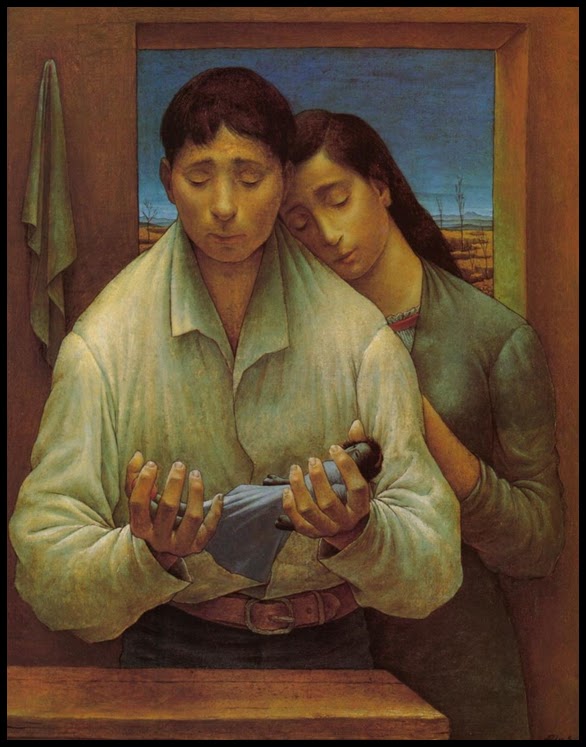| Topic | Name | Description |
|---|---|---|
DOCUMENT DESCRIBING THE STRUCTURE OF THE LESSON ASA WELL AS THE GENERAL OBJECTIVES AND SUB AIMS ARRANGED IN CATEGORIES. |
||
| 1.The effects of an economic crisis on society and individuals | Self evaluation and reflection sheet to use at the end of every module. |
|
This document will be used everytime students should be working in pairs. It is created by the "Think-pair-share" technique and it's an effective way to help students focus on task while applying active listening, conversation skills and note-taking skills. |
||
Use this document with the other members of your group as a common reference point. The individual squares should include individual responses while the square in the middle should briefly report on the common end product. |
||
A set of questions to capture attention, check existing knowledge and promote communication among different students in class. |
||
| 1.2 Food for thought | ||
Useful expressions of agreeing and disagreeing, asking for help or expressing a personal point of view. |
||
Useful phrases to agree and disagree with others politely. |
||
Useful phrases to show you are paying attention to your partner/s. |
||
| 2. The Individual and the Crisis | Use this tricider survey to share the experience with this English lesson on Art so far.Make sure to comment on each other's ideas while expressing your own. |
|
Students are asked to brainstorm on the signs or social phaenomena reflecting the crisis. The brainstorming is done as a whole class activity. In the next stage, pair and group activities follow. The lesson concludes with a whole class activity during which students report common assumptions and ideas. A mindmap is used as an alternative to the chalkboard activity in case a smartboard is available.Moreover, it could be used as an interacive, extension activity, expanding learning outside the classroom. |
||
Individual feelings, opportunities, choices and reactions in difficult situations. Using famous paintings to focus on the matter. |
||
Hector Poleo lived from 1918-1989 in Venezuela, his homeland. A famous painting titled "Duos Figuras" will be used as an object of observation and conversation. Read more about his life here. http://www.latinamericanart.com/en/artists/hector-poleo/biography.html |
||
Scaffolding questions on the painting introduced as a whole class activity and then shared in groups. |
||
| 3. Poetry and Painting making a perfect match | Warm-up activity: Watching a short video to introduce the topic of discussion to follow while aiming at evoking emotions and fostering observation skills. Constantine Kavafis is one of the most renowned and widely accredited Greek Poets. Here is a short video featuring Giorgos Voutzas reading "The Walls" in Greek. The English translation is provided in the form of subtitles. |
|
| 4. Reflect on your experience | Visit the websites provided to broaden your experience and enhance your perception of Art. |
